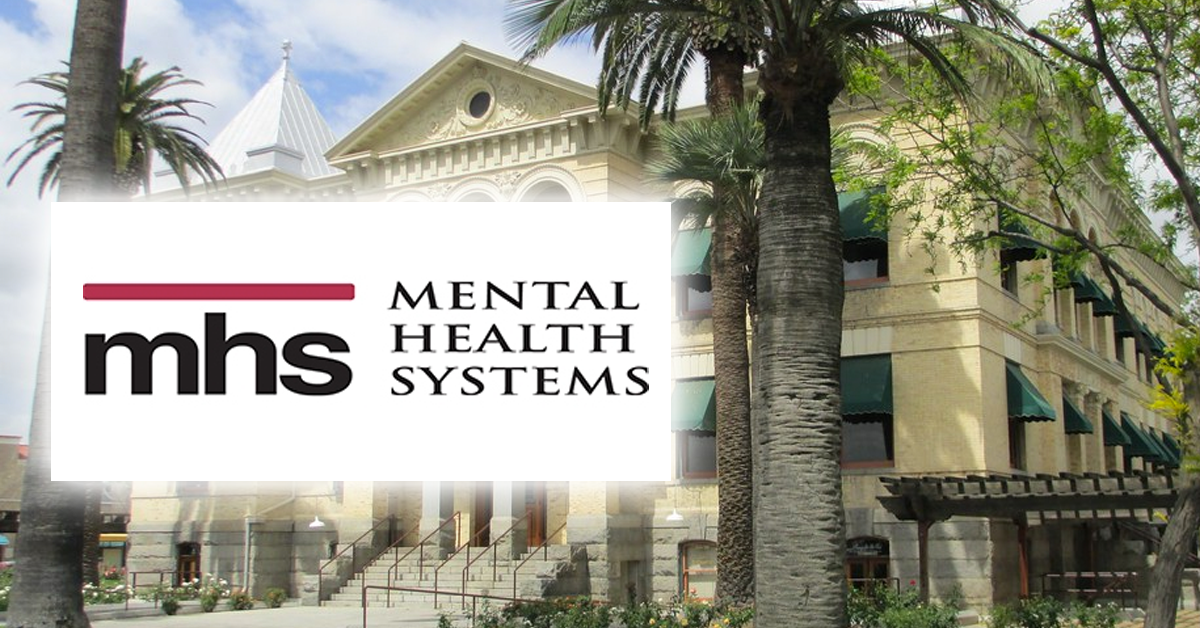While most Americans face a hard deadline of mid-April to file their 2022 tax returns in mid-April, an overhwelming majority of Californians – and nearly all San Joaquin Valley residents – won’t.
Amid the battering of storms that flooded the Golden State, the Internal Revenue Service (IRS) and California tax officials announced they would postpone tax deadlines for a hefty swath of California covered by recent disaster declarations.
What’s changed: All filings and payments originally due between December 27, 2022, and October 16, 2023, will now be due on October 16, 2023:
- Payment of 2022 4th quarter estimated taxes due January 17, 2023, and the payment of 2023 1st, 2nd, and 3rd quarter estimated taxes
- Filing of individual and business income tax returns normally due in March and April
- Payment of income taxes normally due in March and April
- Filing individual and business income tax return extensions
- Payment of income tax with extensions
- IRA and health savings account contributions.
Who’s affected: The pronouncement from the IRS covers all eight San Joaquin Valley counties. A March announcement from California’s Franchise Tax Board exempted Kern County from similar extensions.
- The relief is automatic, but taxpayers may still receive notices assessing penalties for postponing. Penalties can be abated by contacting the IRS.
Tax Strategies Abound: Taxpayers in the disaster areas can also claim disaster-related casualty losses on their 2023 or 2022 federal income tax returns.
- This applies to uninsured or unreimbursed disaster losses and provides taxpayers with the opportunity to receive the tax benefit more quickly.
- Taxpayers impacted in this way should contact their advisors for further guidance.










